Planning an Offsite? Protect Your Investment
Pro-tip: a retreat should feel less forced than the interaction depicted in this awkward stock photo. (Image: 4 office workers high-five over a desk. Shutterstock.)
An offsite retreat is a big investment. Venue, accommodation, travel, third-party facilitator, and time away from “the work”. It all adds up.
So, if you’re going to do one, do it right.
Since I routinely facilitate offsites, I’ve seen it all. Here are the pitfalls to avoid - and the musts to make it a success.
Plan ahead. What are the retreat goals? What do you want people to be talking about, acting on, and feeling momentum toward on the drive home? Start with the end in mind. Remember, less is more. A too-full agenda will set each item up to fail and leave folks feeling deflated by a lack of progress.
Spend enough time offsite. We get it. Everyone’s busy. Inboxes are filling up and the work has to get done. But less than a day spent on your agenda often means your team doesn’t fully engage with the content - their mind is on their inbox and time is wasted. And the busier they are, the more salubrious the impact of a little time away. If resources are stretched thin, consider taking a day, but perhaps only having your third-party facilitator for half or 2/3s of that time. The rest can be reserved for team-only pursuits, like a class, a hike, or something else to better bond the team. Speaking of which…
Incorporate leisure, carefully. If your organization is thriving and everyone’s invited to the retreat, by all means spend time on multiple leisurely pursuits. But if not, consider the optics of leadership raving about their great time paint-balling when they get back the office to an overworked team. A little leisure goes a long way. A morning yoga session, guided meditation, or team workout can start your day on a fantastic note and not jeopardize relations with the broader organization. (If you’re retreating in a city, consider a post-retreat dinner, a park visit, a scavenger hunt, or even some volunteer work.) Pssst: I can’t tell you enough how important it is to be inclusive in your decisions here - a fitness-based activity might unwittingly exclude those with disabilities, and not all disabilities are obvious.
We’ve written previously how to make retreat agendas succeed: uncover and address the “elephants in the room,” find the right third-party facilitator, embrace productive, respectful conflict, and be realistic in your goals.
But, as with everything we do, the best approach is to tailor everything to your team’s needs, goals, and culture. Talk to us to learn more about our process. (We’re now booking retreat facilitations for October 2023 onwards.)
—
Ellie Hearne is an expert in strategy and culture and founder of Pencil or Ink. She has worked with dozens of industry-leading companies, one or two government agencies, and a handful of non-profits. She teaches part-time on the Oxford Strategic Innovation Program and is Treasurer of the University of St Andrews American Foundation. Ellie has been quoted in The New York Times and the Irish Times on workplace communications and in Business Insider and Nasdaq on entrepreneurship. She is also a parent, a dog person, and a half-hearted runner.

